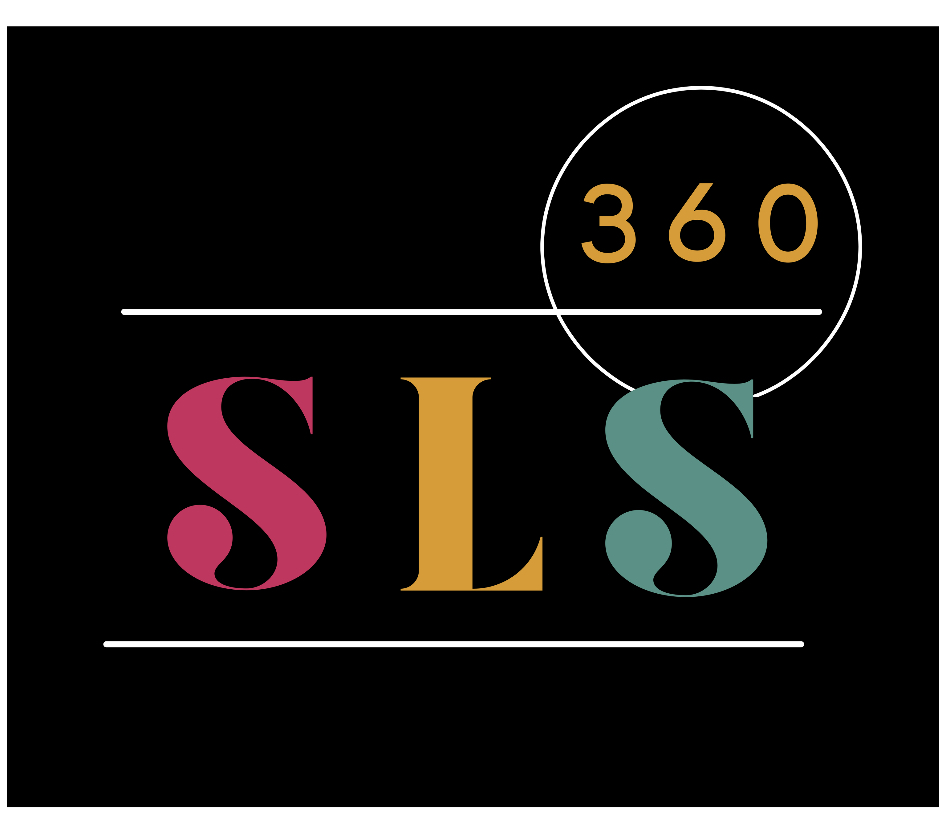Fact-Checking in the Age of Information: How to Separate Fact from Bias
- SLS 360
- Sep 18, 2024
- 4 min read
I just returned from a short break in New York, New York City and there I was treated to watching the debate between the current vice president Kamala Harris and the former president Donald Trump.
Not being US citizen, I’m not eligible to vote. If I were however, I know who I would vote for. But this article isn’t about my political preferences, it’s about the fact that I had to question if the reason why I would vote for the person I chose is because of their political views opinions and standing, or my own bias?
If you watched the debate, you would’ve been treated to many ‘supposed’ facts including that, illegal immigrants are not only taking tax payers money but are also here to eat your cats and dogs. (I kid you not!)
I had to question if the reason why I would vote for the person I chose is because of their political views opinions and standing, or my own bias?
It’s troubling because in today’s world, where political figures such as Donald Trump and Kamala Harris can dominate headlines and shape public opinion, the truth can often feel elusive. Watching debates between such polarising figures can leave one questioning what is factual and what is simply rhetoric?
So, how do we effectively fact-check statements, and why does it matter? Here are a few ideas which can help mitigate bias and focus on facts to make informed decisions.
How Can People Fact-Check Effectively?
In a world where false information spreads rapidly, fact-checking is not just for journalists—it’s a critical skill for everyone. Here's are some ways you can fact-check effectively:
Use Multiple Reliable Sources: Don’t rely on one source for your information. Instead, consult multiple reputable outlets such as major newspapers, non-partisan fact-checking organisations (e.g., PolitiFact, FactCheck.org), or international media. Comparing different perspectives helps reduce the chance of being misled.
Follow the Experts: Subject-matter experts often provide detailed analysis of political claims. Fact-checking organisations use experts to evaluate the accuracy of statements on topics such as economics, health, or the environment. Their insights are essential in understanding complex issues.
Cross-Reference Claims with Data: Numbers can be manipulated to suit a narrative. Whenever a politician presents statistics, look at the source. Are the numbers coming from a government report, a credible research institution, or a dubious third party? Data transparency and clear methodologies are crucial when analysing claims.
Evaluate the Context: One of the easiest ways misinformation spreads is through quotes or statistics taken out of context. Always ask yourself: What was said before and after? What’s the bigger picture? By examining statements in their full context, you can avoid falling for misleading sound bites.

What Is the Impact of Our Bias in Believing What We Are Told?
Bias plays a significant role in how we process information. Often, we are more likely to believe claims that align with our pre-existing beliefs. This is known as confirmation bias. When we hear a politician like Trump or Harris make a statement, our brain tends to seek out evidence that supports what we already believe, whether or not it is factually correct.
Always ask yourself: What was said before and after? What’s the bigger picture? By examining statements in their full context, you can avoid falling for misleading sound bites
The danger of this bias is that it creates echo chambers, where only one perspective is reinforced, and opposing views are dismissed or ignored. In such a scenario, facts become secondary to emotional resonance. This can distort our understanding of reality, leading us to believe false or misleading information simply because it "feels" right.
For instance, if you are a strong supporter of one political party, you may be more inclined to accept their version of the truth without question, even when credible sources dispute it. This not only affects our individual decision-making but also has broader societal implications—polarizing us further and making consensus-building difficult.

How Can We Make Informed Decisions Based on Facts, Not Bias?
To make decisions based on facts, we must first acknowledge our own biases. Being aware of the lenses through which we view the world helps us become more critical consumers of information. Here’s how you can take a more balanced approach:
Be Open to Contradictory Evidence: Challenging your own beliefs is difficult but necessary. When presented with evidence that contradicts your stance, resist the urge to dismiss it outright. Instead, analyse it carefully. Are there valid points in the opposing argument? This helps cultivate intellectual humility.
Check Your Sources’ Biases: Every media outlet has its own biases. Before accepting information at face value, check the track record and ideological leaning of the source. This doesn’t mean dismissing a source entirely, but rather being cautious and cross-referencing it with other viewpoints.
Use Critical Thinking Skills: Practice asking the right questions: Who is making the claim? What evidence supports it? Why might this person or organization be pushing this narrative? Critical thinking allows us to evaluate the strength of arguments and evidence presented, leading to more informed decisions.
Look for Nuance: Reality is often complex and rarely fits neatly into black-and-white categories. When a political figure makes sweeping statements, remember that nuanced issues deserve nuanced discussions. Look beyond binary choices to understand the grey areas that often underlie political discourse.
In a world filled with divisive rhetoric and competing narratives, staying informed is more important than ever. By learning to fact-check effectively, recognising our biases, and making decisions based on facts rather than emotion, we can hopefully become more responsible citizens and better navigators of the complex political landscape.







Comments